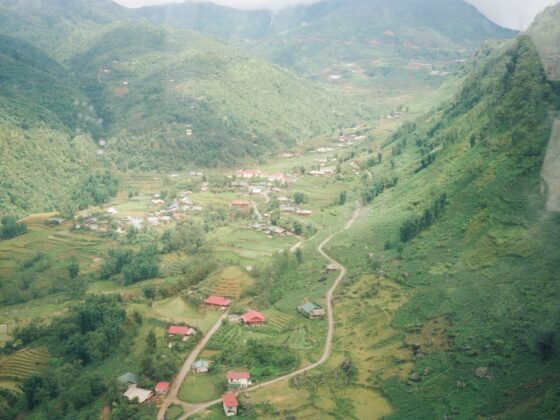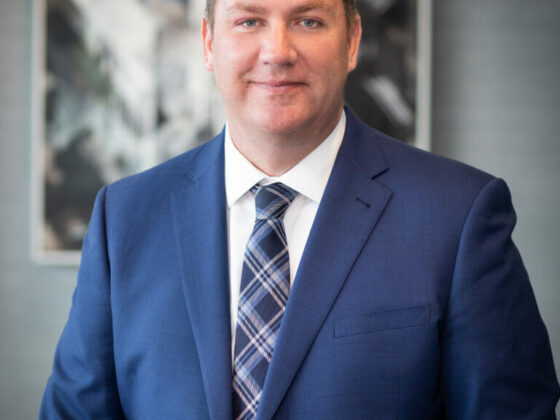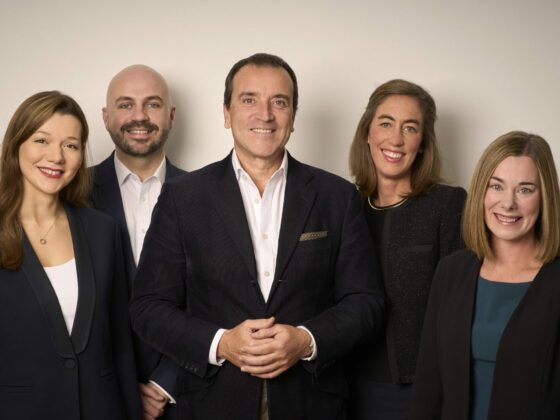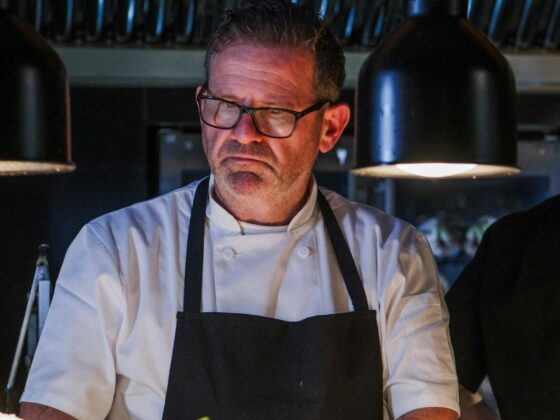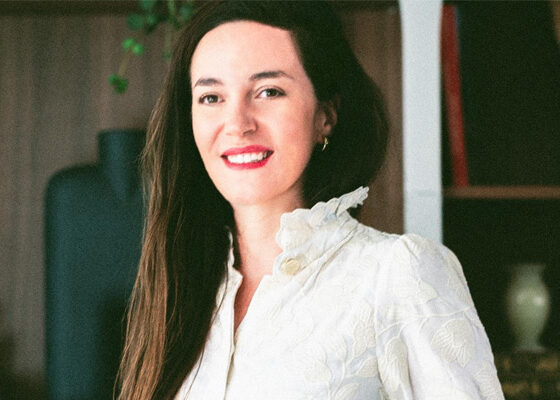Your appointment as CEO of Dusit International, a little over three years ago, was it perceived as a surprise?
Honestly, I didn’t expect it. In our industry, it’s common to be approached by headhunters, but this time it carried a special dimension. I’ve been living in Bangkok for more than twenty years, I’ve built my family here, and I proudly represented Accor’s French brands across Asia for a long time. Joining Dusit was not only a new professional adventure – with the opportunity to have a direct impact within a more agile structure – but also a way to pay tribute to Thailand, a country that has given me so much. I saw it as a meaningful human, cultural, and professional project.
Dusit has previously appointed expatriates to leadership roles. What do you think motivated this openness to foreign leadership today?
Dusit’s culture is profoundly Thai, but the group has always been outward-looking. The idea is not to dilute this DNA, but to enrich it. My mission is to build on this identity while infusing the know-how I gained from other hospitality environments.
Did you have to establish your legitimacy in a group so deeply attached to its Thai identity?
Indeed, everything had to be rebuilt because I wasn’t known internally. It meant starting from scratch, questioning everything, and proving my value through results. But that suited my desire to challenge myself again and bring my experience to a company that needed to reinvent itself after the Covid crisis.
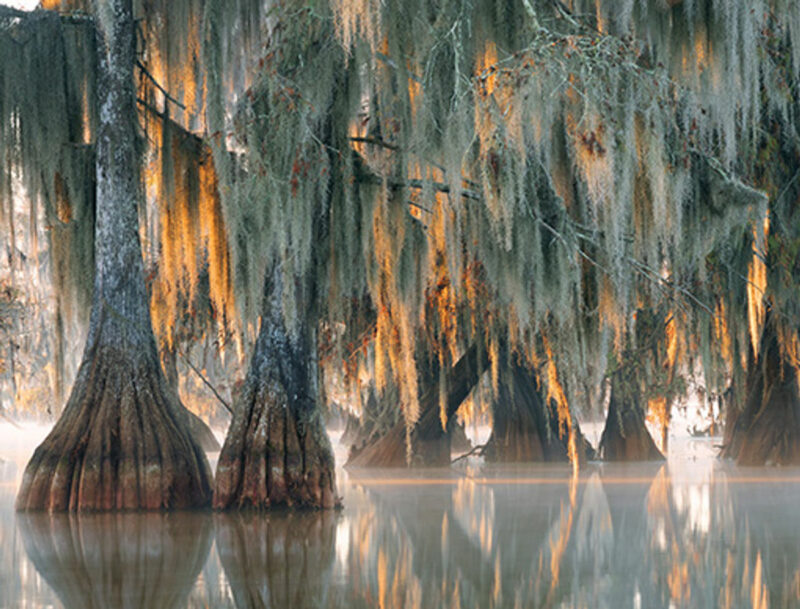
Does your arrival signal an international expansion for Dusit with a “conquest of the West” angle?
I prefer to talk about a “global conquest.” Europe is indeed strategic, with our first project in Greece and a joint venture established in France with the Sydel Group. We are also looking at Germany and the UK. But our ambitions go much further – we are consolidating our presence in India and China, exploring Hawaii, California, French Polynesia, and reinforcing our footprint in the Middle East. We are already present in Guam with three hotels. Our clear objective is to quickly reach 100 properties worldwide to achieve critical scale, while remaining selective in terms of quality and partnerships.
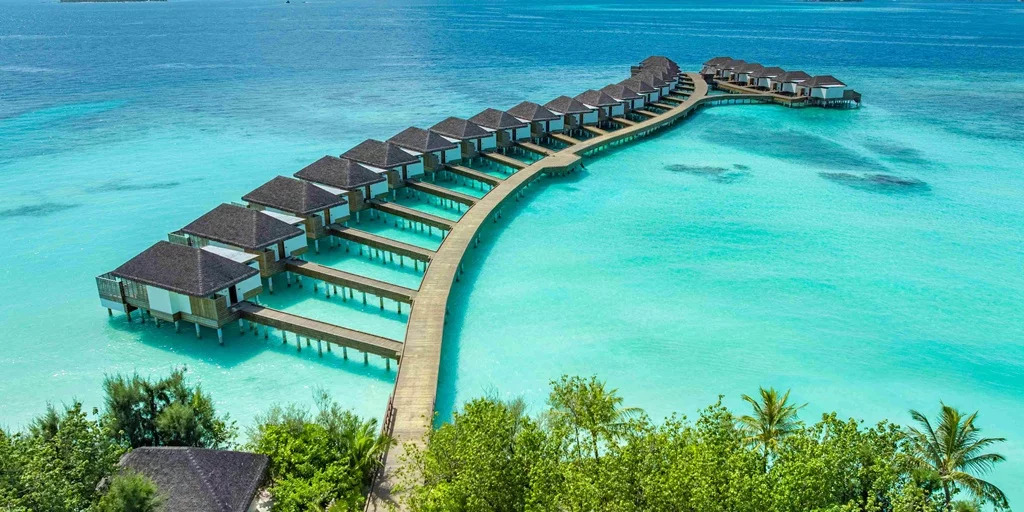
Do you also plan to expand your brand portfolio?
Our historic brand, Dusit Thani, embodies Thai luxury hospitality, showcased through our flagship in Bangkok. The new brand, Devarana Retreat, responds to the growing demand for wellness, positioned in the “luxury wellness” segment, which could be ideally suited for Europe, for example in castles or high-end resorts. I also launched an upscale brand, Dusit Hotels & Resorts, grouping our premium properties that embody the group’s key values: gracious Thai hospitality, guest experiences centered on well-being, and a strong positioning in both leisure and urban resorts.
DusitD2 targets a younger, more lifestyle-oriented clientele and is already performing well, such as with our resort in the Maldives. We also have midscale brands like Dusit Princess, aimed at families and middle-class travelers, and Asai Hotels, focused on urban locations. This segmentation, already quite broad, enables us to cover the major market segments.
What business model do you prioritize today: ownership, management, or franchise?
We own about fifteen hotels, but our strategy relies mainly on management contracts. This allows us to ensure consistency and quality in our standards. That being said, if a property with an iconic dimension were to be proposed, we could invest “key money” to secure the management contract. At this stage, franchising is not considered, but it could be an option with strong partners capable of respecting our DNA, particularly for the midscale brands. We absolutely do not want to dilute our brand equity.
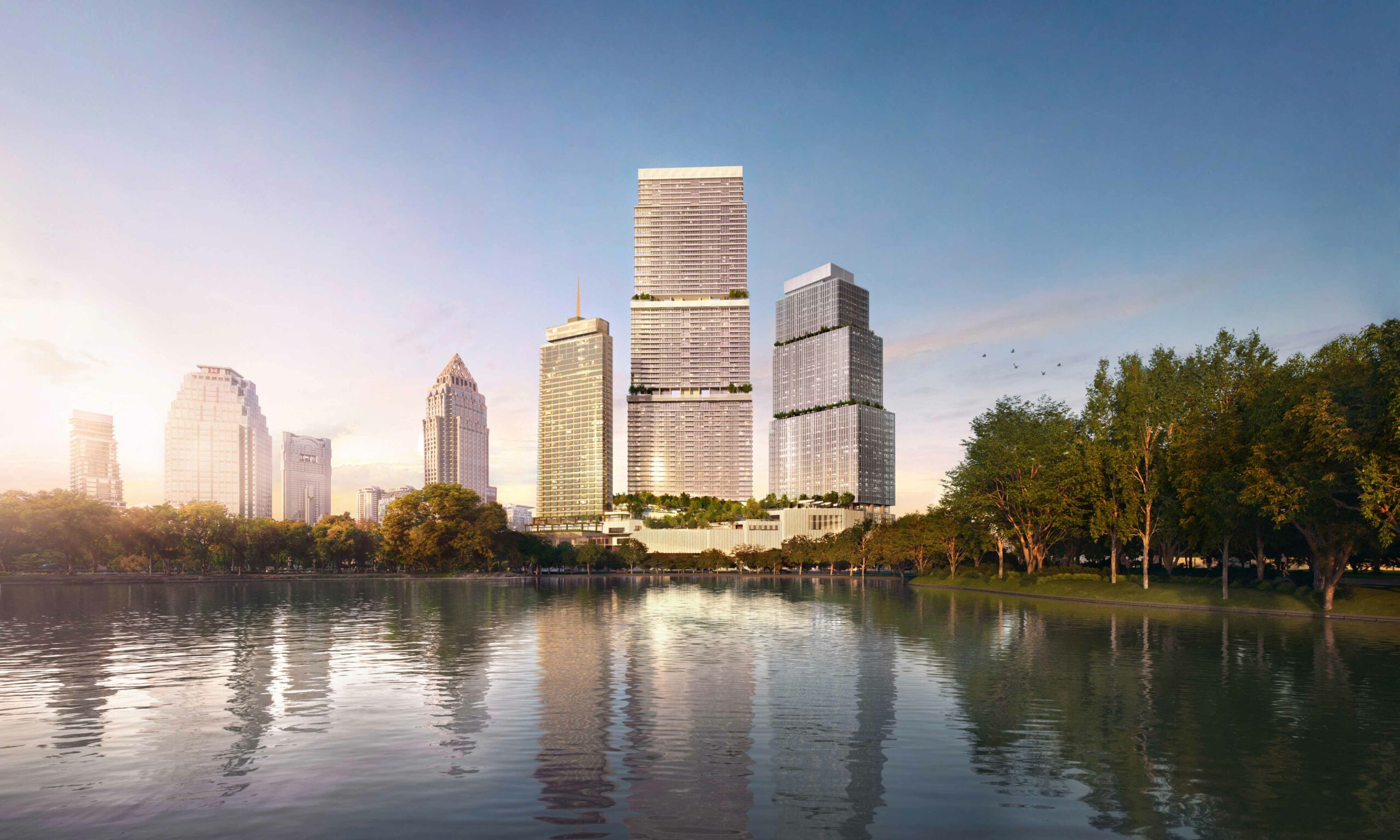
Do you have the financial capacity to seize such opportunities?
So far, most of our resources have been allocated to the new Dusit Central Park complex, already operational in Bangkok since last September. This extraordinary project combines a 257-key Dusit Thani hotel, luxury serviced residences, office spaces, a downtown shopping center, and a rooftop garden. The investment exceeded USD 1.5 billion. We now need to absorb this major project, but it doesn’t prevent us from mobilizing further financing if needed.
What goals did you set upon your arrival?
From the outset, I wanted to establish a clear roadmap. We targeted annual RevPAR growth of 15–20% and a global revenue increase of 20–30%. Over the past three years, we’ve achieved these objectives, even if we’ve seen a slight slowdown recently. Today, we have a strong team, offices in Bangkok, Paris, Dubai, Tokyo, and Shanghai, and we are capable of managing 100 hotels without changing our organizational structure.
You were once a partner of Kempinski, one of the founding members of the Global Hotel Alliance. Could this lead you to join the alliance?
At the time, it was a great source of pride for Dusit’s founding family to acquire the oldest luxury hotel brand, Kempinski. The Asian financial crisis forced them to transfer ownership to King Rama IX. Since then, ties have remained excellent, even if there is no longer a strategic partnership. We did consider joining the Global Hotel Alliance, of which Dusit is a founding member. Ultimately, we decided to relaunch our own program, Dusit Gold, which has been highly successful, attracting nearly 50,000 new members each month. That said, the topic could return to the table in the future. It is an important lever, but the true differentiator remains the guest experience – Thai service infused with grace and authenticity.
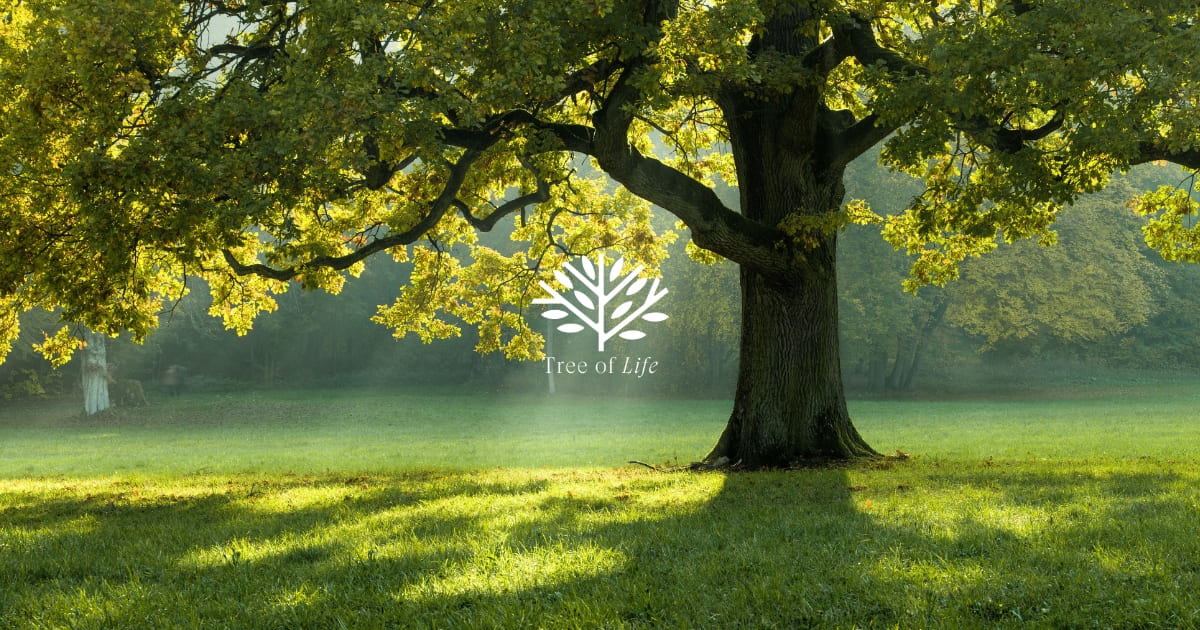
Is sustainability also a key priority for you? How have you approached it?
We have implemented the “Tree of Life” program, which encompasses 31 initiatives that each property must apply, with both environmental and social impact. A concrete example is our camp near Shanghai, consisting of upscale tents, where profits are donated to a school for young girls who are victims of violence. This type of initiative reflects our ambition to combine hospitality with responsibility. We are also seeking international certifications to ensure credibility and verifiability of our commitments.
Your entry into the French market is announced for 2026 through the partnership with Sydel. What will be your approach there?
I want to convey that Dusit is not just an exotic Thai brand, but an international group with a strong vision, a multi-brand portfolio, and true capacity for innovation. We aim to bring the very best of Thai hospitality to Europe, creating unique, authentic, and memorable experiences, tailored to local expectations and infused with French culture within our properties.

![]()



